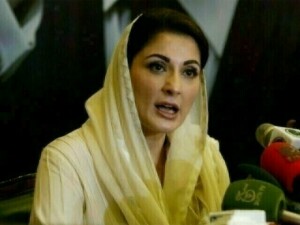BIRMINGHAM, (England): British Prime Minister Liz Truss was forced on Monday into a humiliating U-turn after less than a month in power, reversing a cut to the highest rate of income tax that helped spark turmoil in financial markets and a rebellion in her party.
Finance minister Kwasi Kwarteng said the decision had been taken with “humility and contrition”, after some lawmakers reacted with fury to suggestions that public and welfare spending could be cut to fund tax cuts for the richest.
Elected by party members but not the broader public, Truss and Kwarteng are seeking to jolt the economy out of its decade of stagnant growth with a 1980s-style plan to cut taxes and regulation, all funded by vast government borrowing.
Signalling a break with “Treasury orthodoxy”, they had also fired the most senior official in the government’s finance department and released the tax cut plan without accompanying forecasts on how much it would cost.
Investors - used to Britain being a pillar of the global financial community - were aghast. They sold British assets at such a rate that the pound hit a record low against the dollar and the Bank of England had to intervene to prevent pension funds from collapsing.
“It is astonishing,” one Conservative lawmaker said, declining to be named. “The damage has already been done. We just look incompetent now, too.” Another party insider said the Conservative government, in power under different leaders for 12 years but with Truss as prime minister only since Sept. 6, was already on “survive a day at a time” mode as confidence and credibility drained away.
‘HAPPY TO OWN IT’
While the removal of the top rate of tax only made up around 2 billion out of the 45 billion pounds of unfunded tax cuts, it was the most divisive element of a package that also stumped up tens of billions of pounds to subsidise energy costs.
Less than a day after Truss went on BBC television to defend the policy, Kwarteng released a statement saying he now accepted it had become a distraction.
“We listened to people and yes there is some humility and contrition,” Kwarteng told BBC Radio. “And I’m happy to own it.”
He said he had not considered resigning.
The decision to reverse course is likely to put Truss and Kwarteng under even greater pressure, the latest threat to political stability in a country that has had four prime ministers in the last six years. Asked if Kwarteng should resign or be fired, one Conservative lawmaker wavered: “My view is that he is significantly weakened.”
Truss and Kwarteng were elected into government in 2019 when former leader Boris Johnson secured a landslide victory on a very different manifesto, promising to increase government spending, particularly in Britain’s more deprived areas. Johnson was driven from office after three years by a party rebellion over his conduct.
Truss won the race to replace him after vowing to reignite the economy. But while defending her tax cut policy on Sunday, she was unable to rule out public spending cuts and restrictions on welfare payments in order to balance the books.
The Institute for Fiscal Studies said public spending would have to be cut unless Kwarteng reversed other unfunded policies too, an unpalatable prospect for many as the country’s health service, schools and judiciary increasingly creak under pressure. Kwarteng speaks to the party’s annual conference around 4 p.m. (1500 GMT) on Monday.






















Comments
Comments are closed.